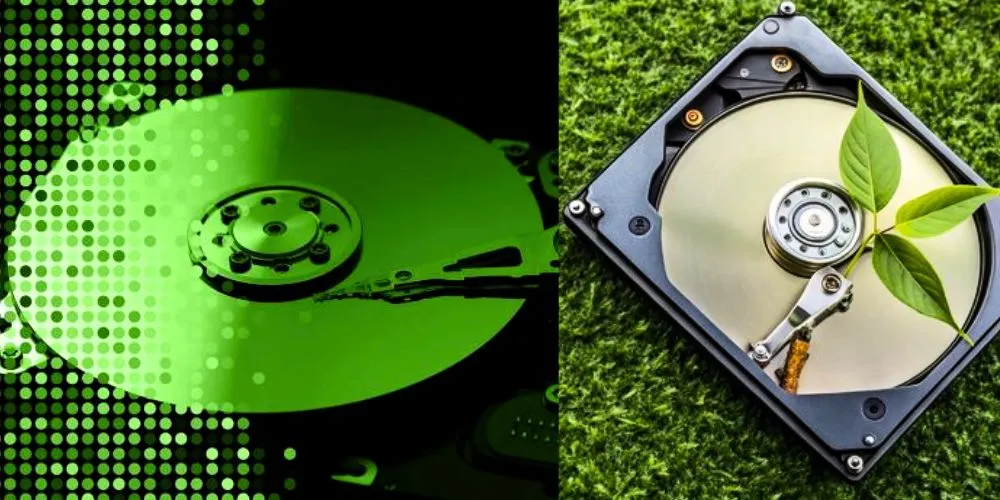In an era where solid-state drives (SSDs) dominate consumer markets, many assume mechanical hard disk drives (HDDs) are becoming obsolete. However, mechanical drives are still widely used in servers and data centers and play a crucial role. While SSDs offer faster speeds and lower latency, traditional HDDs provide cost-effective, high-capacity storage, making them essential in many server environments.
Cost-Effective Storage for Massive Data Needs
One of the primary reasons mechanical drives remain relevant in servers is their cost per terabyte. Enterprise-grade HDDs offer several times the storage capacity of SSDs at a fraction of the cost. HDDs provide a budget-friendly solution without compromising storage space for businesses handling petabytes of archival data, backups, and less frequently accessed information.
Reliability and Longevity in Large-Scale Deployments
Modern mechanical drives are built for 24/7 operation, with high endurance and reliability, specifically designed for server environments. Enterprise HDDs have features like vibration resistance, error correction, and RAID compatibility, making them suitable for long-term data retention. Unlike consumer SSDs with limited write cycles, HDDs can handle continuous data writing over many years, making them a dependable option for data centers and cloud storage providers.
Balancing Performance with Hybrid Storage Solutions
While SSDs offer superior speed, many server infrastructures use a hybrid approach, combining fast SSDs for high-speed operations and HDDs for bulk storage. This allows companies to balance performance and cost, with SSDs handling real-time workloads and HDDs storing cold data that isn’t frequently accessed. Technologies like caching and tiered storage management ensure that servers can efficiently leverage SSD and HDD advantages.
The Role of HDDs in Backup and Disaster Recovery
Data loss is a significant risk in enterprise environments, and backups are critical. HDDs remain the preferred choice for backup solutions, offering large capacities for incremental and full-system backups. Cloud storage providers, financial institutions, and research organizations rely on HDDs for redundant storage, ensuring that critical data is safely stored and recoverable in case of failures or cyberattacks.
Conclusion
While SSDs have revolutionized storage speeds, mechanical hard drives are far from obsolete in the server industry. Their affordability, high capacity, reliability, and role in backup solutions ensure they remain a vital component in enterprise storage infrastructures. As data demands grow, HDDs will continue to serve as the backbone of large-scale storage solutions for years.










